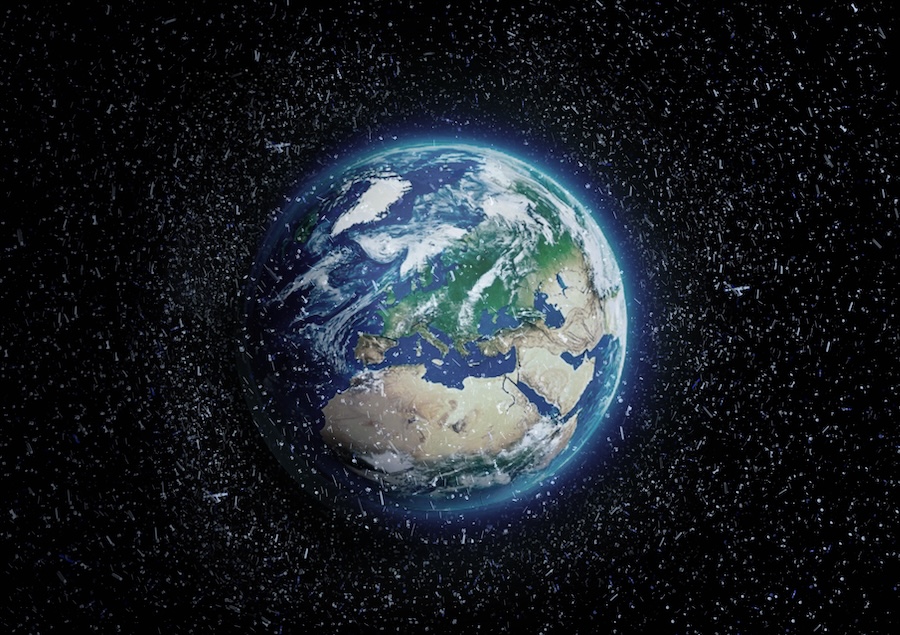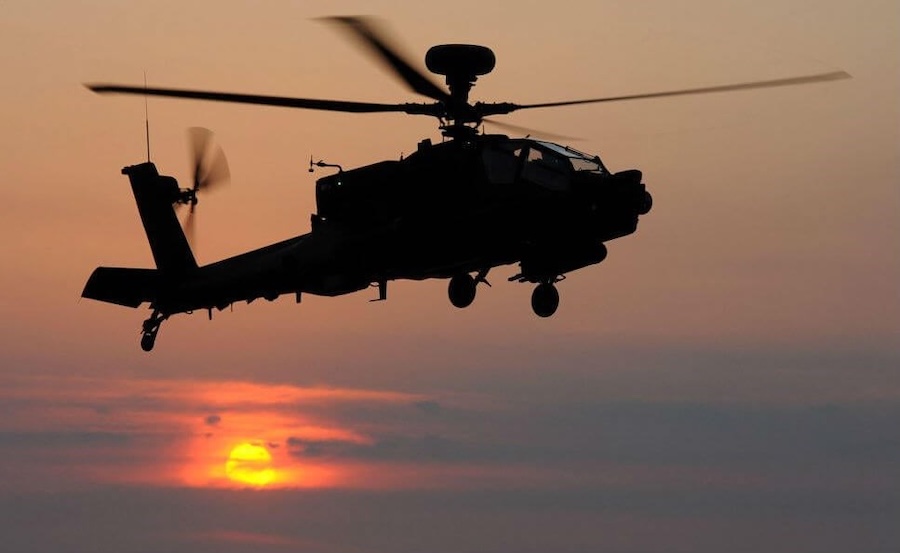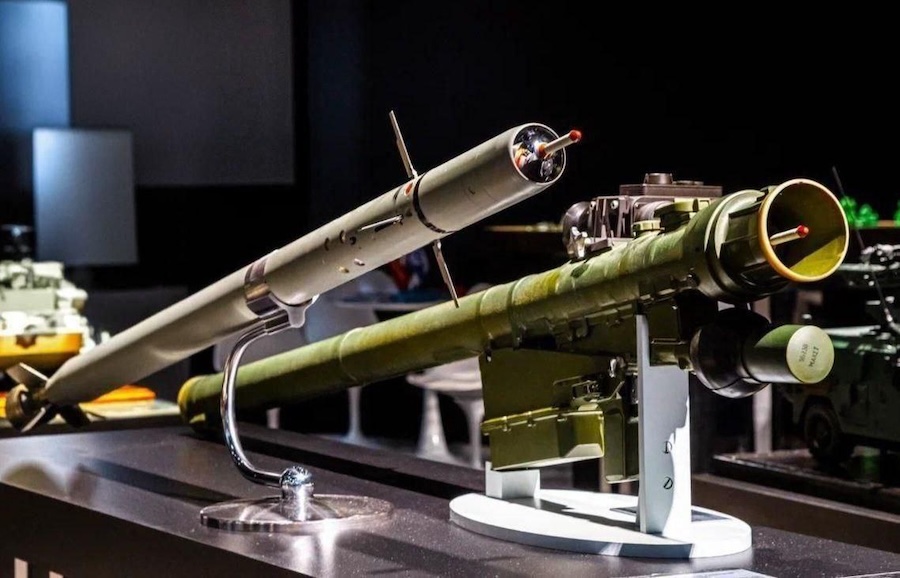It remains to be seen how serious the politicians are. Most will not be governing when that 2035 deadline rolls around. The 5 per cent pledge is not legally binding. And the Italians have already tried to claim that an £11 billion bridge from the mainland to Sicily is an instance of ‘defence spending’. It seems greenwashing has given way to defencewashing. Plus ça change.
But my interest here has more to do with how we in Europe view our security. By and large, outside of the countries on the eastern border, we do not think we are at risk. This was easier to grasp back in 2003. Then, Robert Kagan claimed in Of Paradise and Power that our notions of universal goodwill were naïve. He wrote that we could do away with power politics only because the U.S. had our backs. While our friends across The Pond spent heavily on defence, we built generous welfare states, good schools, and clean, well-lit streets. But since the start of 2022, our continent has been the locus of a major land war. Still we cannot picture war intruding on our broadly peaceful, broadly orderly societies.
One reason for this is that there is still a widespread feeling that we can count on the United States. But we have to get real about this: our American friends have other interests. Some will say events have shown that this administration is not as isolationist as predicted. But that there are people close to the President who think the U.S. should never have got involved in Ukraine is beyond question. The tense exchange with Zelensky in the Oval Office in February hammered home the fact. Then there are the so-called Asia Firsters, who say that Taiwan should be the focus of U.S. foreign policy. Others believe Ukraine is a distraction from Iran. The uncertainty alone should be enough to cause concern in Europe. And that ‘madman theory’ of foreign policy cuts both ways, in any case.
Another is that we think we have transcended war. We mistake soft power for hard power. But when the drones are overhead and the tanks are on the ground, neither our film festivals nor our wine will do us much good. Ukraine is unlikely to be the end of Putin’s ambition. This is the majority view among analysts, that the rest of Eastern Europe is a risk. As Rutte said last month, ‘we are all on the Eastern flank now.’ In other words, what happens in Ukraine does not stay in Ukraine. It will be felt widely – perhaps beyond Europe. Putting this plainly was Peggy Noonan, writing in the Wall Street Journal’: ‘NATO might fall apart or be rendered inoperative, and the world’s rising authoritarians will conclude that the path to greatness is to build an army and take what you want. This’ – she adds, somewhat unnecessarily – ‘will make for a less stable world.’
My company, Sonder, works with defence operators across the continent: we know all too well there are hurdles to effective rearmament. One is getting enough money to the innovators whose creations will play a crucial role in any future conflict, as they have in Ukraine. But upstream of this is the perception problem I allude to above. We think we are safer than we are. We think that war is something that happens elsewhere. At a recent event in London, several senior defence executives were asked what they would do were they made ‘king for the day’. They were almost at one in their response: get Europeans to see how much danger they are in.
Ultimately, governments answer to the people they govern. If we – Europeans, particularly outside of Eastern Europe – do not see the danger, if we do not make defence a priority, then governments will be able to frame what they spend their money on as ‘defence, as we have already seen, and risk making a mockery of that much-lauded 5 per cent pledge. The danger posed not just by Putin but Noonan’s ‘rising authoritarians’ elsewhere is real, and the clock is ticking. Things are changing in Europe. But still we remain unprepared to fight, more used to culture wars than the real thing.
About the author:
Harry Readhead is co-founder and director of the communications consultancy Sonder London.



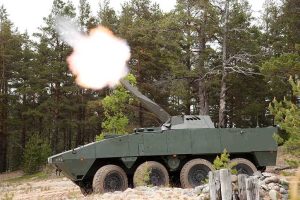
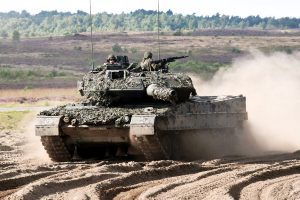

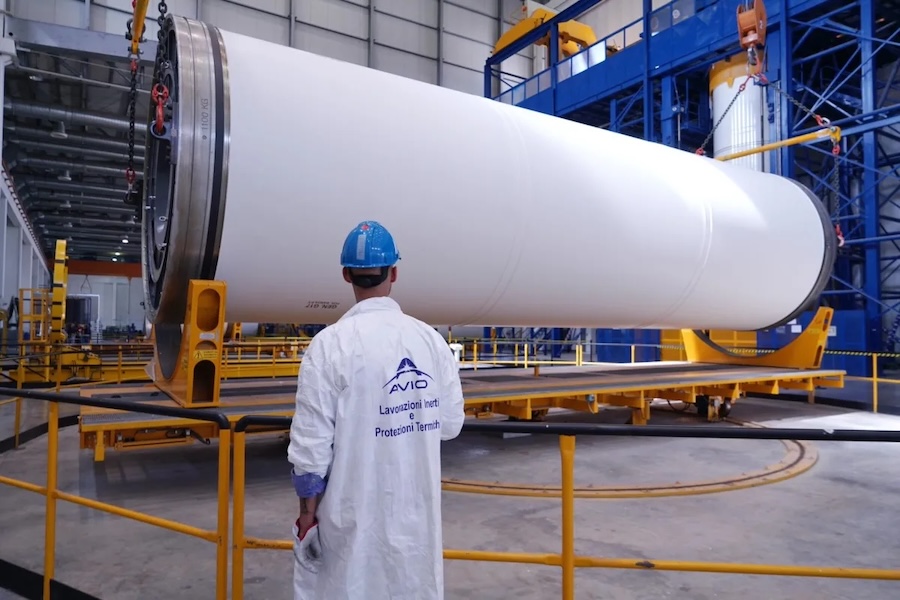
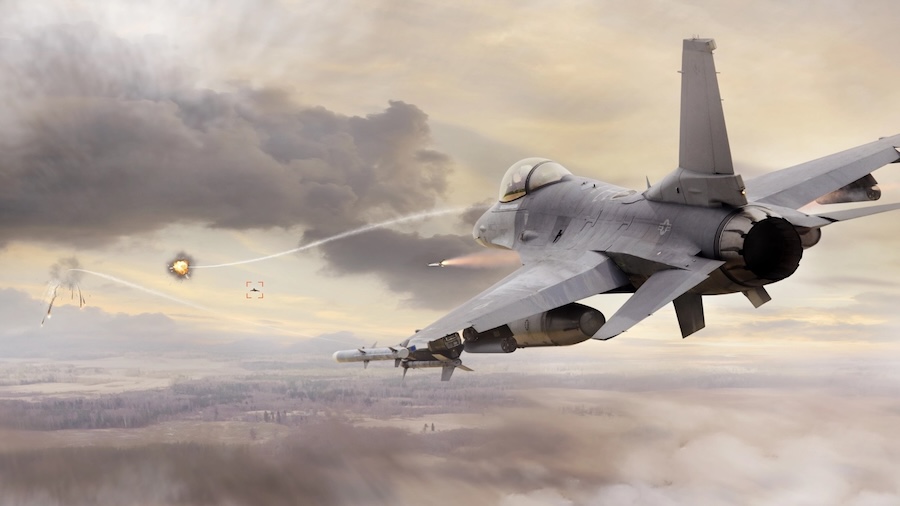
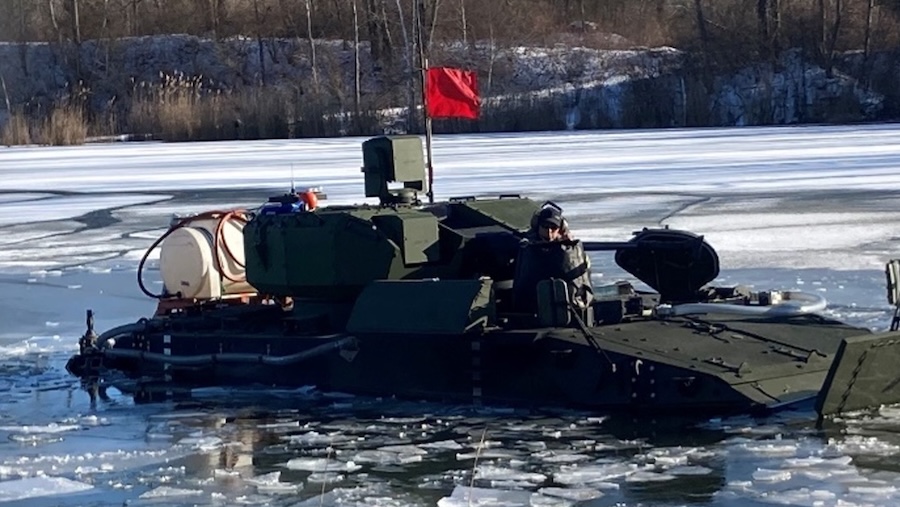
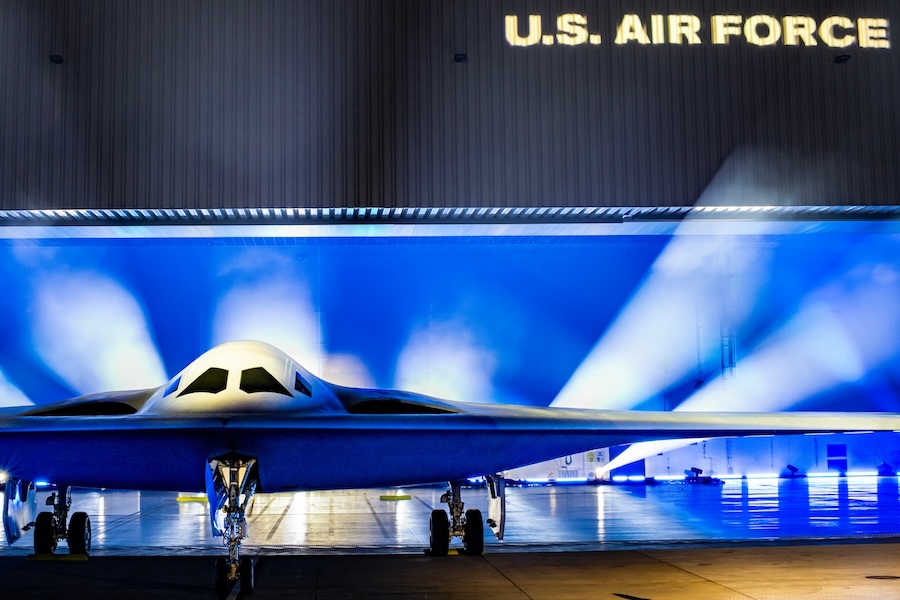
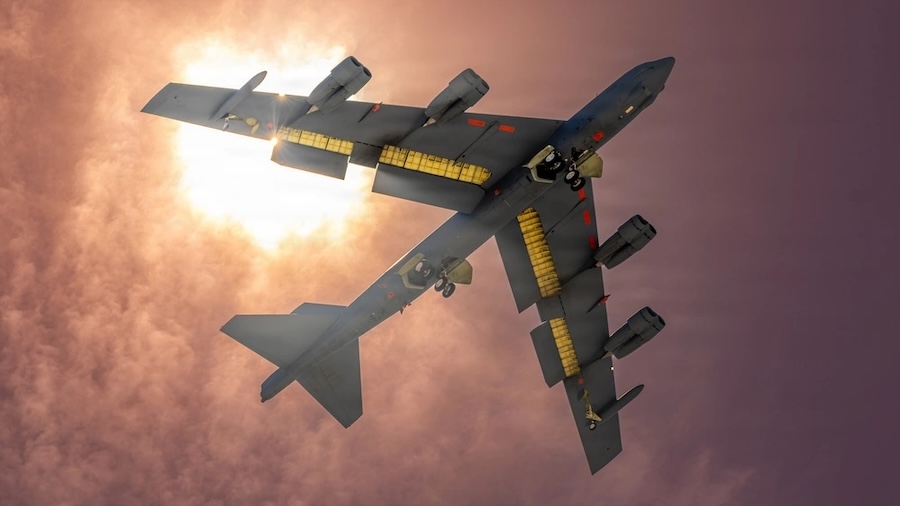
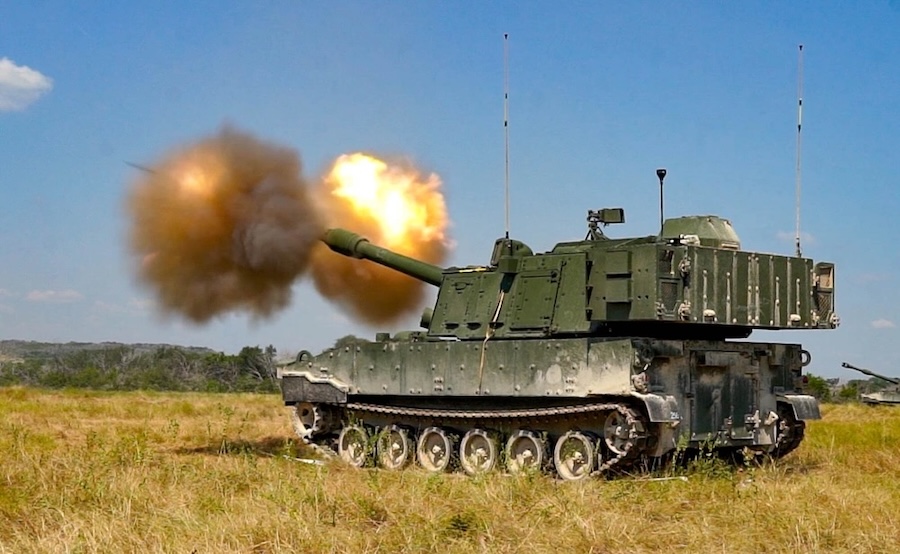
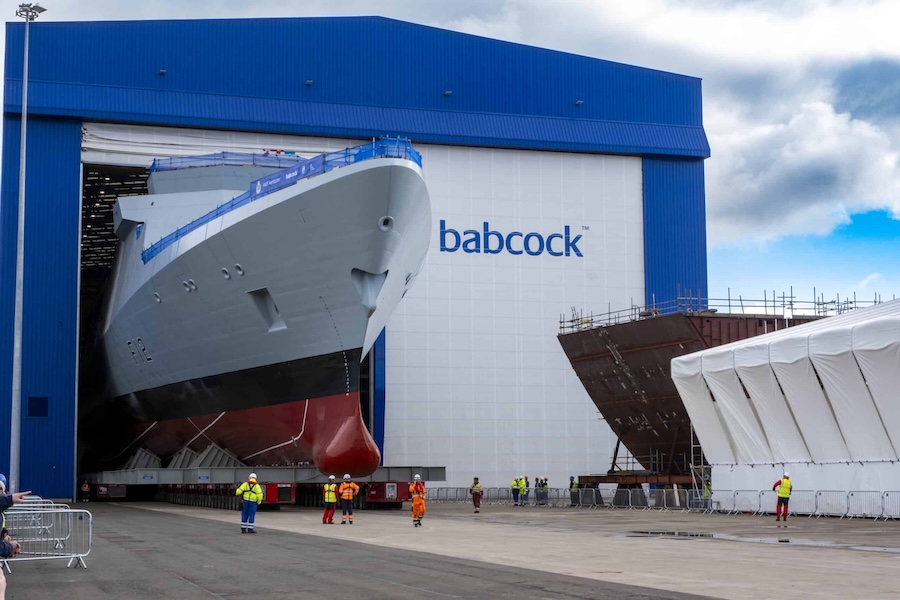
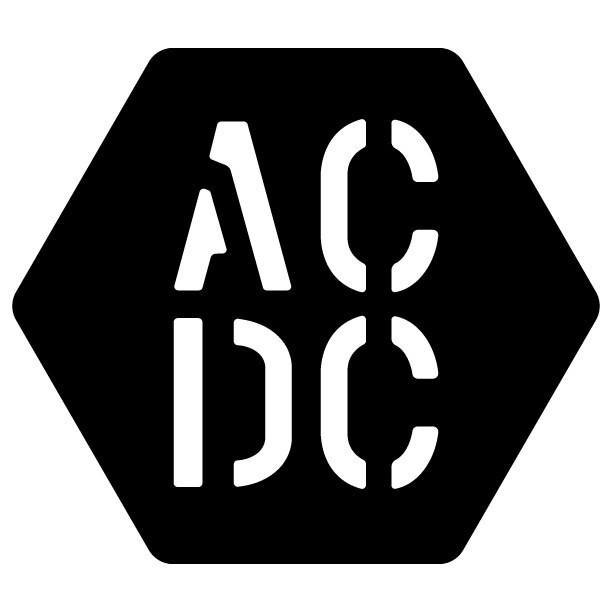
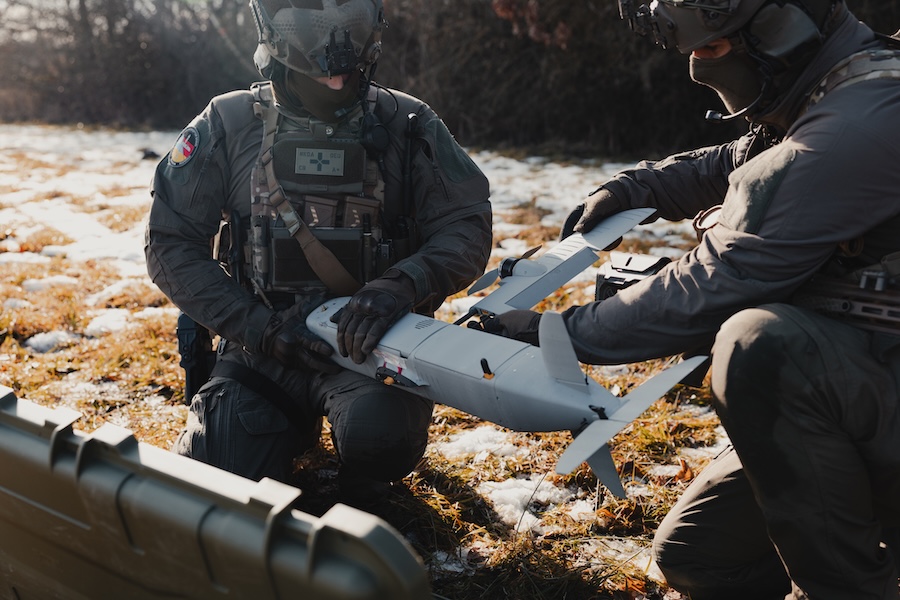
![Bayraktar Akinci combat drone scores direct air-to-air hit with Eren munition in test over the Black Sea [VIDEO]](https://defence-industry.eu/wp-content/uploads/2026/02/bayraktar-akinci-combat-drone-scores-direct-air-to-air-hit-with-eren-munition-in-test-over-the-black-sea-video.jpg)
![Lockheed Martin Skunk Works tests tactical AI on X-62A VISTA in partnership with U.S. Air Force Test Pilot School [VIDEO]](https://defence-industry.eu/wp-content/uploads/2026/02/lockheed-martin-skunk-works-tests-tactical-ai-on-x-62a-vista-in-partnership-with-us-air-force-test-pilot-school-video.jpg)
